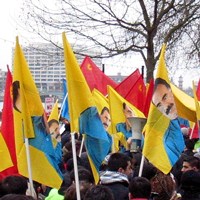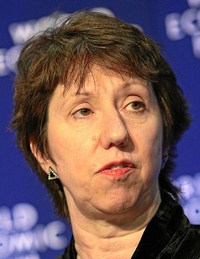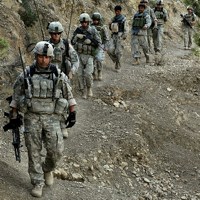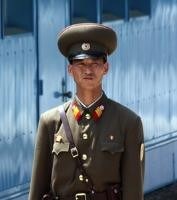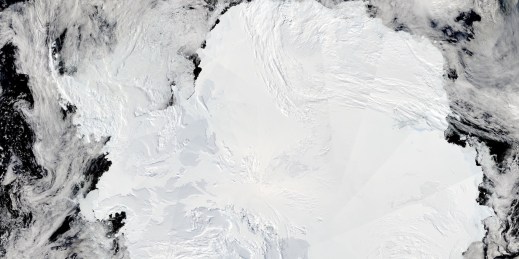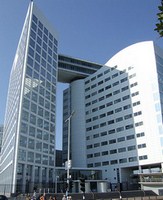
Sudan has been pursuing some eye-catching regional diplomacy in recent weeks. In late-February, Sudan’s ICC-indicted defense minister was in Riyadh, while its oil czar was in Tehran. These visits followed a meeting between Sudanese President Omar al-Bashir and Iranian President Mahmoud Ahmadinejad on the sidelines of an Organization of Islamic Cooperation meeting in Cairo in January, and Bashir’s attendance at the Arab Economic Development Summit in Riyadh earlier in February. Combined, the moves suggest a shift in Sudan’s tactical approach to relations with Saudi Arabia and Iran, one guided by Khartoum’s pragmatic concerns for regime survival. Sudan has had difficult […]



